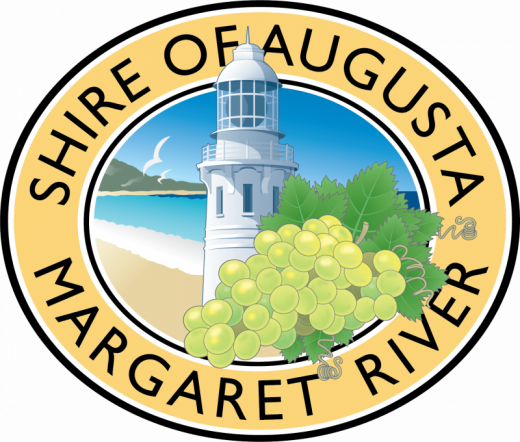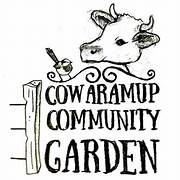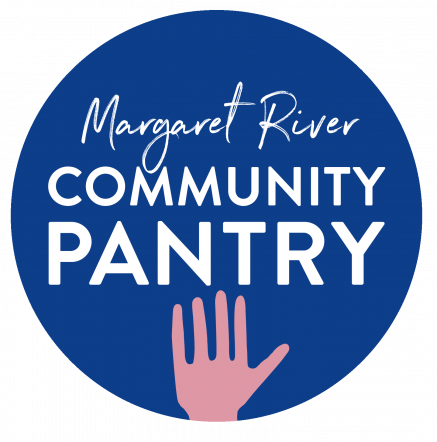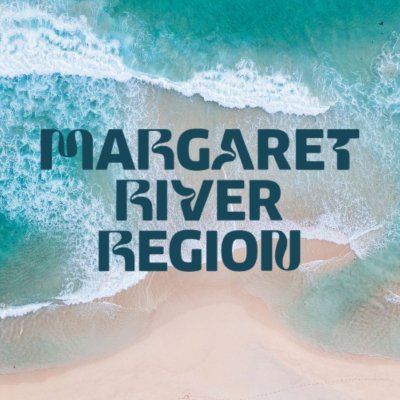We bring people together
Then we fill them with knowledge and inspiration to grow their own food.It means a lighter footprint on the planet – and in our special Margaret River community. And plenty of fun and hands-in-the-dirt good vibes along the way. Pure and simple, that’s what this festival is all about.
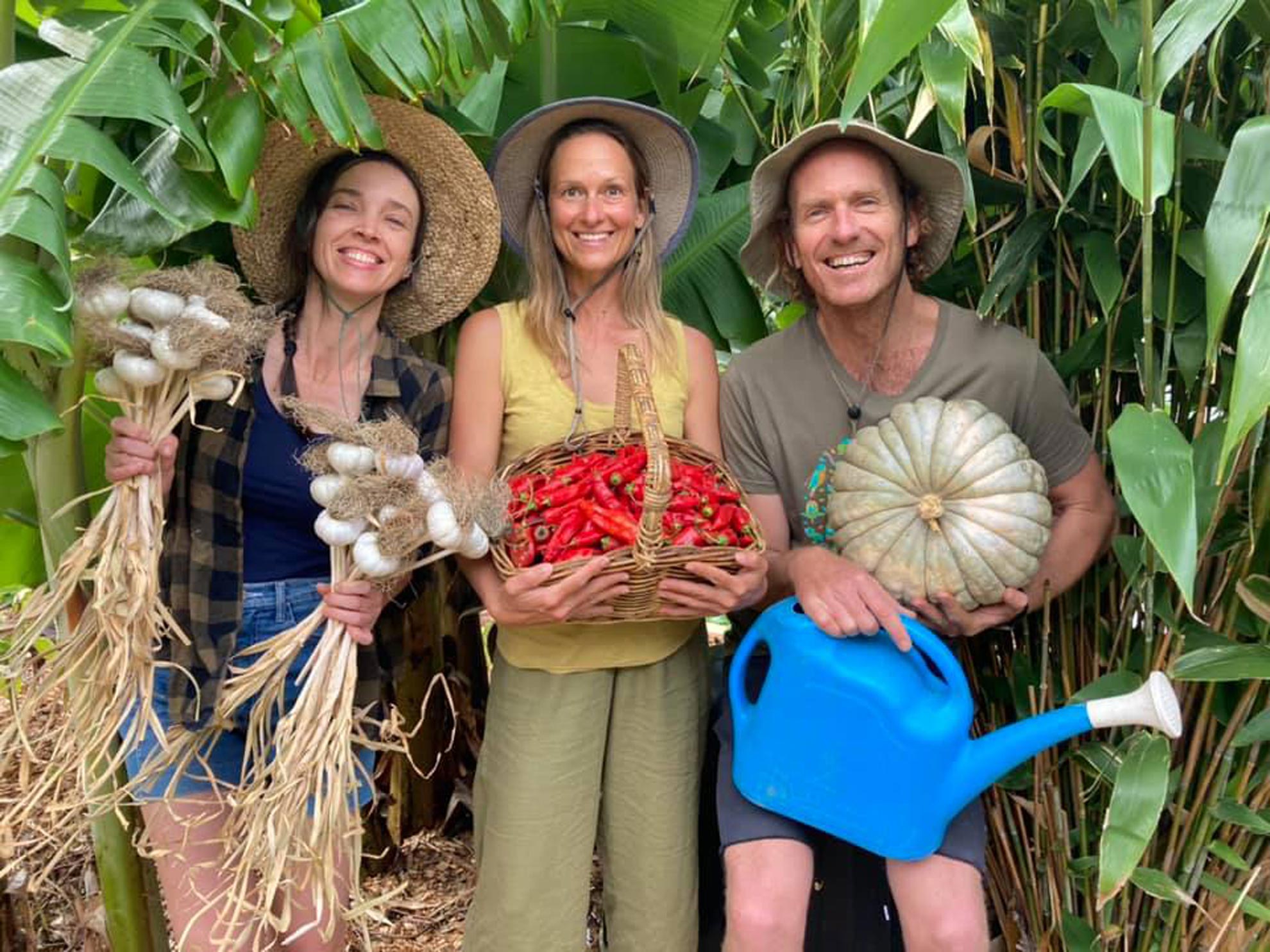
Meet the team
The Edible Gardens Festival is run by passionate, garden-frothing, food-growing Margaret River local and permaculture teacher Trev Paddenburg (on the right).
We also have a beautiful bunch of volunteer gardeners who open their properties and share their gardens. Plus a team of awesome volunteers – like Jema and Val, pictured here with Trev – who we couldn’t run the event without.
And we’re very generously auspiced by the Margaret River Regional Environment Centre.
Why is this festival important
In WA’s South-West and the Margaret River region in particular, there is enormous interest in “how to grow your own food”. But there are no events dedicated to helping locals learn about food growing in a low cost, accessible and engaging way. The Edible Gardens Festival exists to fill this educational gap, inspiring locals to become more confident food growers, connecting them with like-minded people and offering the opportunity to create a community of intentional food growers.
The Edible Gardens Festival aims to be an annual, educational event that connects community and empowers people with knowledge and inspiration to grow their own food.
It exists to help people Learn, Connect & Grow.
How it works
Would-be or current food growers are given up close and personal access to experienced gardeners, homesteaders and green thumbs, allowing them to tap into an immense bank of local and place-based knowledge that can help them on their food growing journey. Opportunities to visit a variety of properties and draw from a huge range of edible gardening topics that are demonstrated in real life provides inspiration and ideas for what they can apply to their own situations. Finally, the festival builds community as budding gardeners meet not only expert gardeners but also each other, swapping ideas, sharing stories and forming friendships and bonds.
How it works
Would-be or current food growers are given up close and personal access to experienced gardeners, homesteaders and green thumbs, allowing them to tap into an immense bank of local and place-based knowledge that can help them on their food growing journey. Opportunities to visit a variety of properties and draw from a huge range of edible gardening topics that are demonstrated in real life provides inspiration and ideas for what they can apply to their own situations. Finally, the festival builds community as budding gardeners meet not only expert gardeners but also each other, swapping ideas, sharing stories and forming friendships and bonds.
Why grow your own food?
Where do we start?! The benefits of growing your own food are many and well documented including health, community and environmental benefits.
Growing our own food can also boost food security, improve soil and ecosystems, enhance wellbeing and build a more sustainable future. People are turning to home food growing as a calming and rewarding hobby that helps alleviate concerns over food security as lockdowns slow the distribution and increase costs of some crops. In the face of increasing climate change, governments are also looking for ways to become more sustainable, including introducing programs for greening cities and towns, and reducing waste and food miles by supporting local food growers.
It makes sense for all of us to start growing more of our own food!

Health benefits
of eating home-grown food; physical activity from gardening; mental health benefits of connecting to the environment, being outdoors and meeting like-minded people.
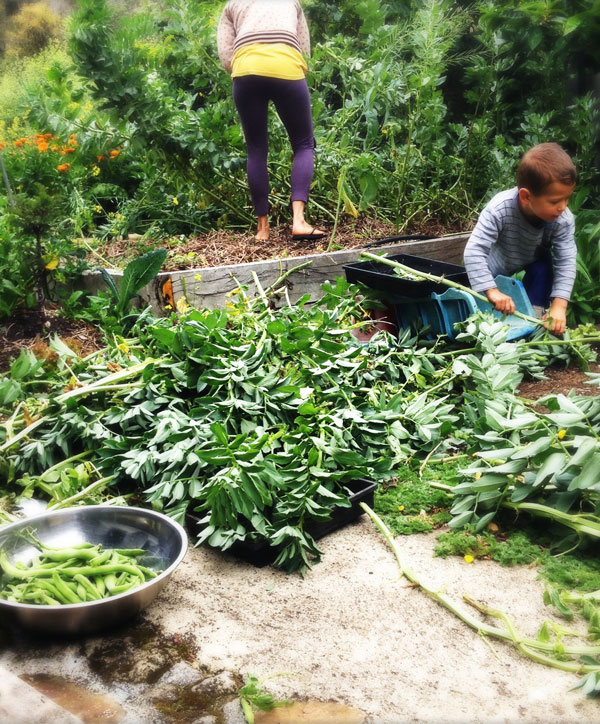
Community benefits
by promoting locally grown food and local market gardeners and growers.
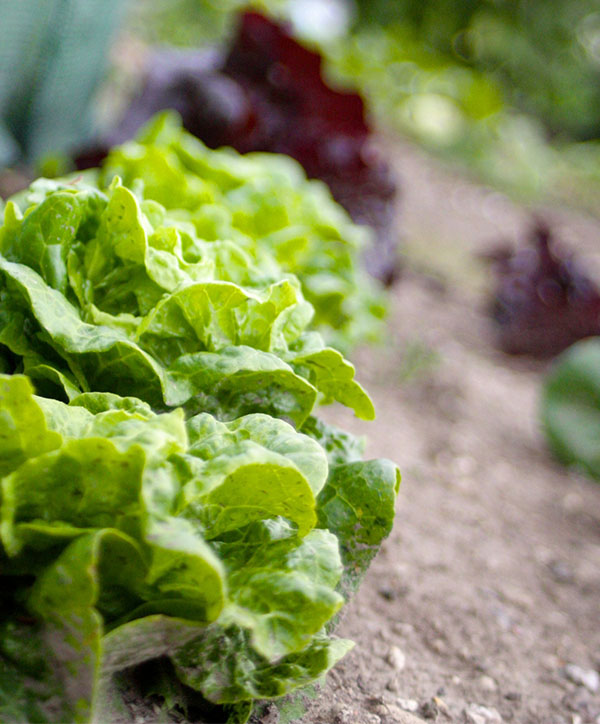
Environmental benefits
like reduced food miles, reduced chemical use and food waste, less landfill thanks to composting and worm farms, and reduced water use through verge gardens, mulching and ground covers.
Stay updated
A Special Thanks to Our Sponsors
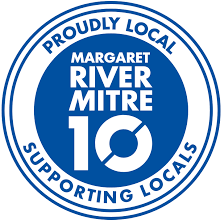
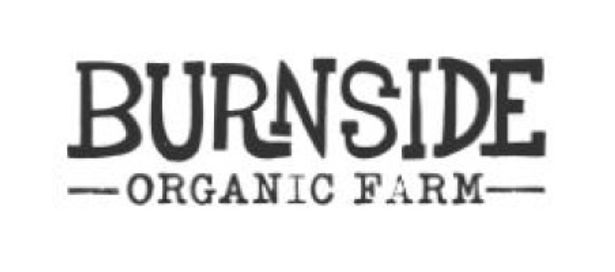
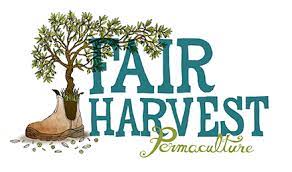


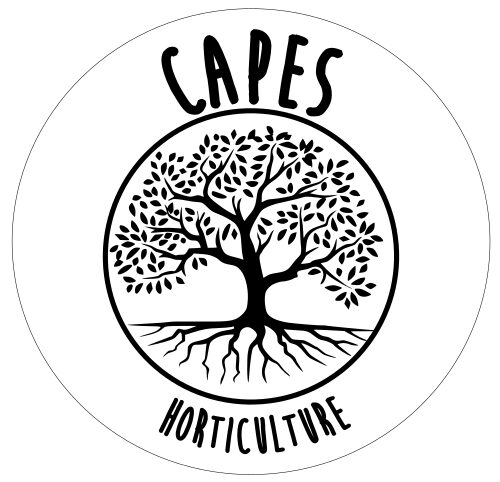
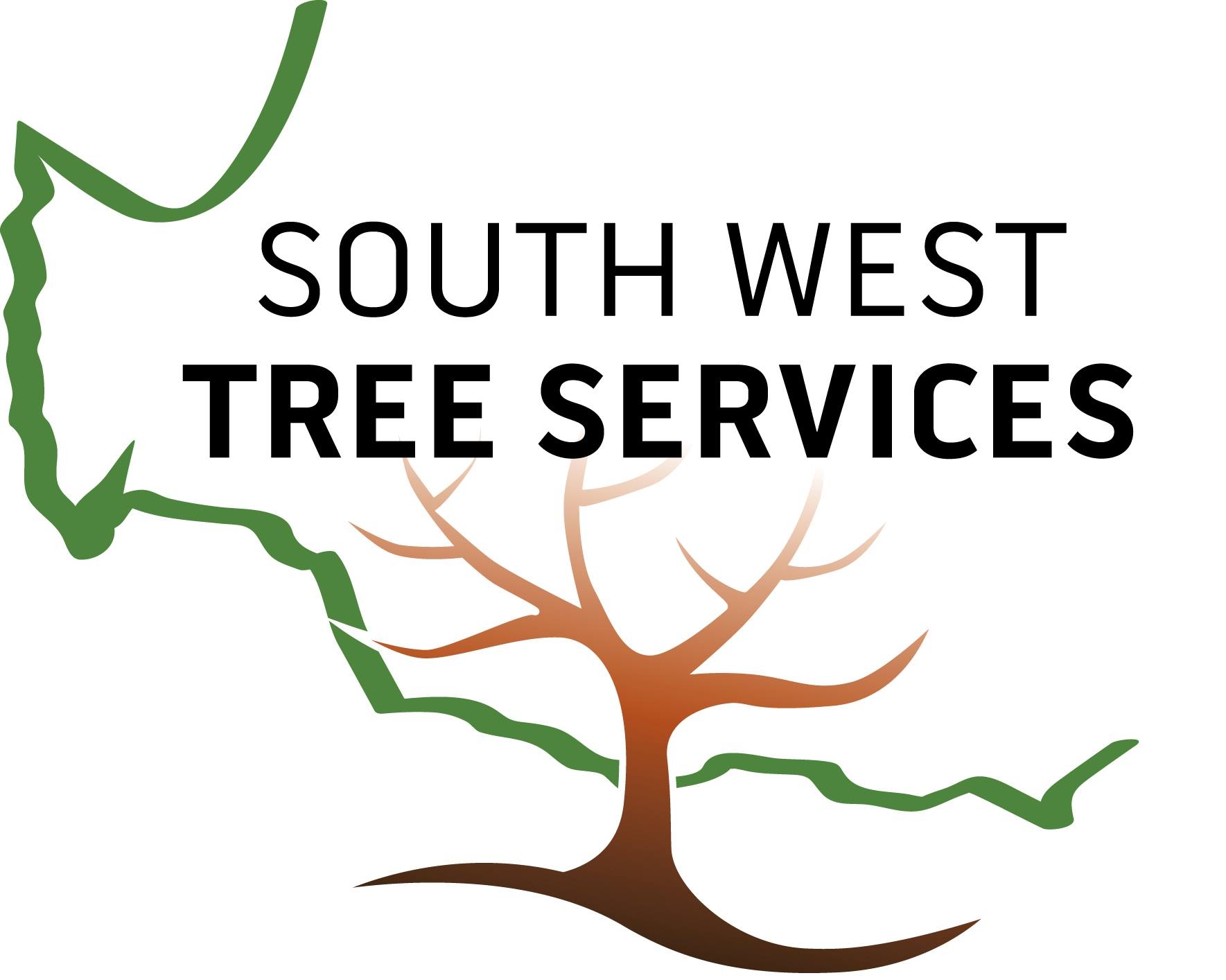



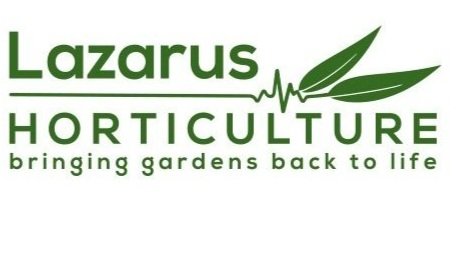

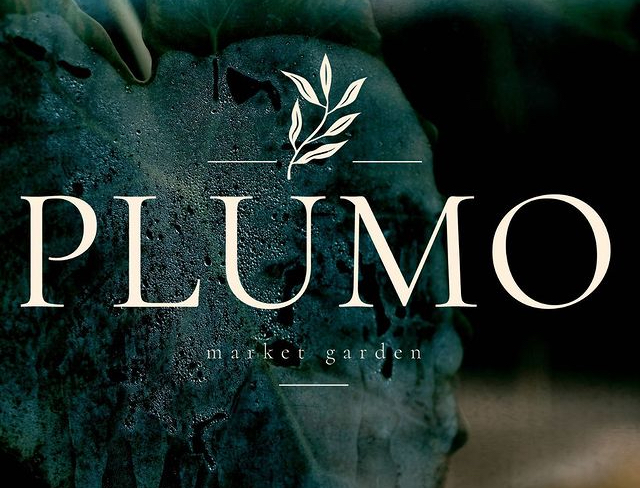
And a big thanks to our supporters & partners
